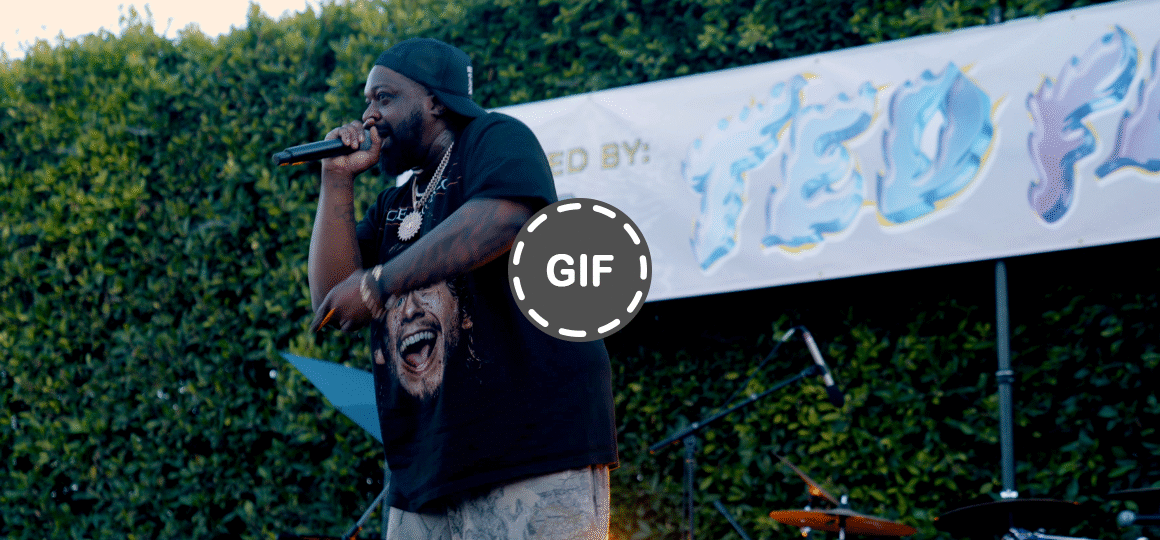Michigan lawmakers are moving ahead with a plan to impose a 24% wholesale tax on marijuana, a move the cannabis industry warns could “decimate” the state’s market and drive consumers back underground.
The bill, passed 78–21 by the House last week, is part of a larger road funding deal expected to generate as much as $1.8 billion annually. State analysts say cannabis alone could contribute about $420 million a year for roads and bridges, according to the Detroit News.
Industry Pushback
Mike DiLaura of House of Dank estimated the new levy could shrink Michigan’s cannabis market by $800 million, or 25%, erasing the state’s advantage over neighbors like Ohio and Minnesota. “It’s going to decimate the industry in Michigan,” DiLaura told Detroit News.
Lume Cannabis Co. called the plan destabilizing for an already fragile market, while attorney Denise Pollicella warned it would either wipe out small businesses or consolidate power into a handful of mega-operators. “Once you drive all of these businesses out… you’ll be driving them into the black market,” Pollicella said in the same report.
Robin Schneider, head of the Michigan Cannabis Industry Association, confirmed her group is preparing a possible lawsuit, arguing lawmakers skirted constitutional rules by creating a new tax law rather than amending the 2018 voter initiative. “If we feel strongly the new tax would amend the 2018 initiative, a lawsuit would be our next step,” she told Bridge Michigan.
Workers and Patients Speak Out
On the ground, the anger is palpable. Budtender Tasha Brickley of The Cake House told WILX it’s unfair to balance Michigan’s budget on cannabis: “It’s not our responsibility to pay for the roads. This is a medication for me… If you take that access away, people will find relief elsewhere.”
Alejandro Vega of Peninsula Gardens predicted the tax would push up retail prices by as much as 50%, with consumers footing the bill. “We’re all going to feel it,” he said.
Workers and patients plan are protesting at the Michigan Senate Building in Lansing today, hoping to stop the measure before it clears the upper chamber, WILX reported.
Political Divide
Gov. Gretchen Whitmer, who earlier floated a 32% tax modeled on tobacco, has backed the idea as part of a road funding compromise. House Speaker Matt Hall, a Republican, called the 24% rate a middle ground.
But Sen. Jeff Irwin, a Democrat from Ann Arbor, blasted the plan as a “huge benefit to illegal drug dealers.” The 2018 initiative imposed a 10% excise tax, one of the lowest in the country, a balance Irwin said helped drive out the illicit market.
Even some supporters admit discomfort. Rep. Joe Aragona, who voted yes, told WILX it was “a lot to levy on them” but insisted it came with bills cracking down on unlicensed operators.
A Legislative “Sneak Attack”
Legal analysts note the bill was introduced just nine days before passage and moved with no committee hearings or public input. Commentators at the Cannabis Law Blog called it a “legislative sneak attack” designed to sidestep the three-quarters supermajority normally required to amend a voter-approved initiative.
If the tax clears the Senate and is signed into law, it would take effect Jan. 1, 2026, with vertically integrated companies taxed on an “average wholesale price” set by the state each quarter.
The Bottom Line
Michigan’s cannabis market, once celebrated as one of the most consumer-friendly in the U.S., is staring down a wholesale tax that could reshape the entire industry. Whether through lawsuits, protests or Senate pushback, the fight is only beginning.
Photo by Mark Bishop on Unsplash





